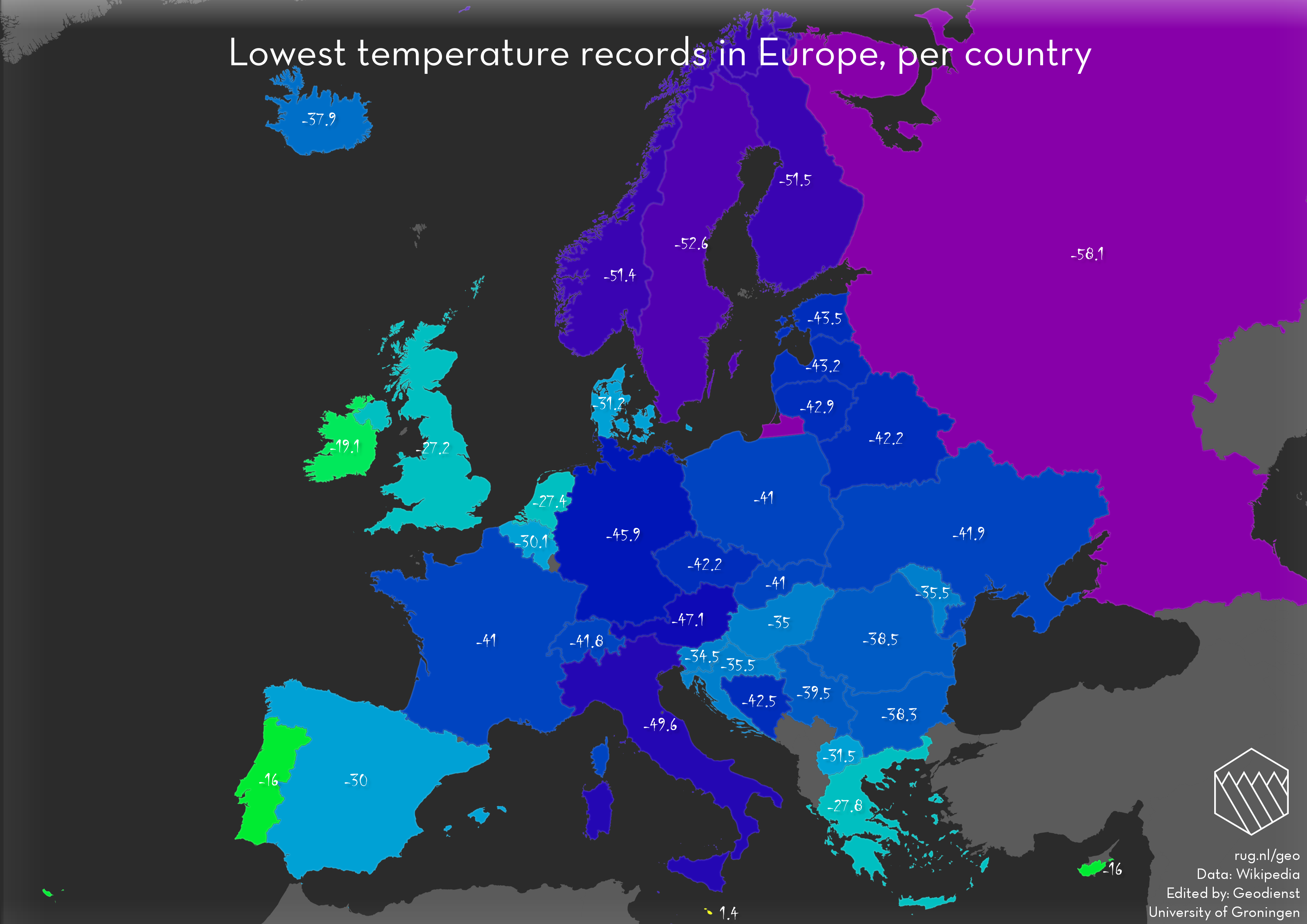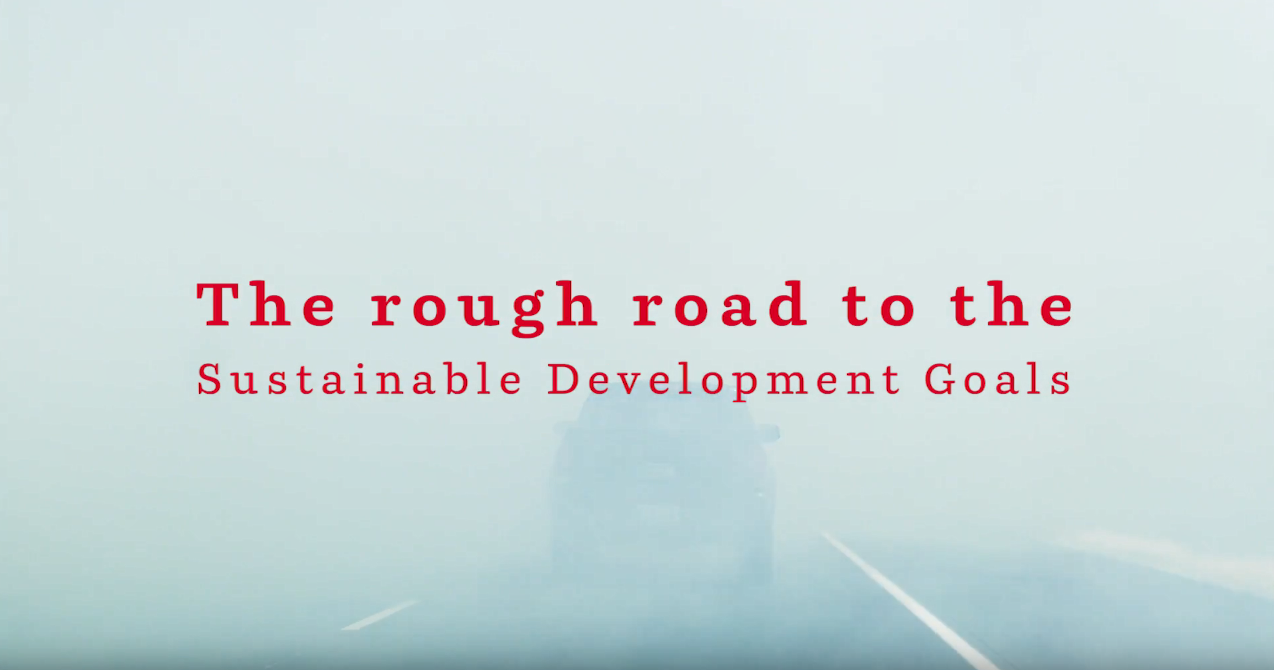Cold weather and climate change
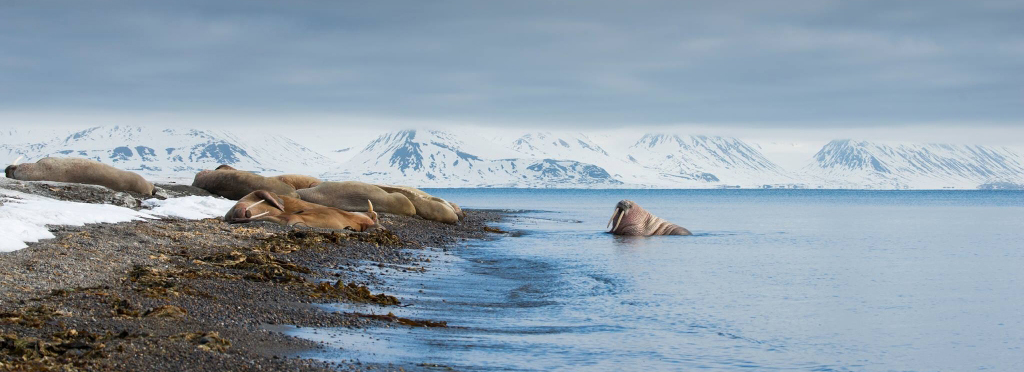
Cold means altered clothing and behaviour. It makes people move, even if just to stay warm. But temperatures – and their global climb – also play another big role in our lives.
UG researchers from many fields are conducting research related to weather, or to climate change. This month, we will highlight a selection of recent communications about UG researchers who put cold in the spotlight.
Interviews and news reports

Making a splash in whale research
He disliked genetics as an undergraduate and never really wanted to work with whales. Yet, Per Palsbøll became a worldwide expert in the genetics of marine mammals, heading a research programme spanning the entire globe. Introducing the concept of genetic tagging, he used genetic tools to identify individuals in species that are difficult to capture and tag.
Read more
Start of MOSAiC – the Greatest Arctic Research Expedition of All Time
Frozen in the Arctic sea ice, UG scientists will investigate the epicentre of climate change on board the research icebreaker Polarstern for several months.
Read more
Climate change upsets reproduction in Arctic ecosystem
Climate change is more than ‘just’ warming. It also means increasing variation in weather conditions and greater extremes. The consequences of these changes for ecosystems at high latitudes became clear in the summers of 2018 and 2019. In the summer of 2018, the North Pole tundra was covered by unusually large amounts of snow, as a result of which all plant and animal species, large and small, had great trouble reproducing.
Read more

Doing nothing against climate change also has consequences
Do you cycle or take the train instead of going by car, or do you recycle much? If so, this means that you are being environmentally friendly, and it should be emphasized more. This was pointed out by Linda Steg, environmental psychologist at the UG. Steg studies people’s motivations for displaying sustainable behaviour.
Read more
Motivating Society-wide Pro-environmental Change
The world is facing environmental crises, but pro-environmental action is seriously lagging behind. Contrary to popular beliefs, Thijs Bouman and Linda Steg argue that this is not caused by people undervaluing the environment, but rather by people structurally underestimating how much others care.
Read more
Why are sea levels rising and what can be done to stem the tide?
This certainly won’t be a fun afternoon in the Energy Academy. The first event hosted by the Global Centre on Adaptation revolves around ‘Why are sea levels rising and what can be done to stem the tide?’ In a short space of time, researchers Dewi Le Bars (KNMI: Royal Netherlands Meteorological Institute) and Richard Bintanja (UG) will discuss several models that predict the future of sea levels, the earth’s Poles and global warming. Although some are more complicated than others, none of them paint a rosy picture of the future.
Read more
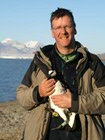
Maarten Loonen's climate change grief
For many years now, Maarten Loonen has seen first-hand how the climate has changed on Spitsbergen. He can talk for hours about geese, reindeer, glaciers and the immeasurable, still undiscovered nature on the Norwegian island. His main concern, though, is the ticking of the climate clock.
Read more
Pollution poses threat to Arctic goose
Polluted air, water and land can have a far-reaching effect on animals in polar regions. Together with an international team, associate Professor Maarten Loonen found that heavy metals in the ground in Svalbard affect the physiological processes of barnacle goslings (Branta leucopsis) and lead to stress.
Read more

Interview Hiske van Duinen
Through the cold, against the wind, I cycle through the centre of Groningen. I’ve forgotten my gloves and my hands quickly cool down. My autonomic nervous system receives the message that I am cold and takes action: the blood vessels in my skin constrict and my sweat glands are deactivated. My head and torso are warm and protected.
Read more

Climate change intensifies war of the birds
University of Groningen biologists have discovered that climate change has an effect on the regular clashes between great tits and pied flycatchers during the breeding season. In some years, great tits killed 10% of the male pied flycatchers. Climate change plays a role in this.
Read more
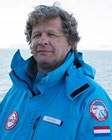
New UG Chair to focus on consequences of climate change and an ice-free Arctic
In the Arctic, the temperature is rising two to three times faster than in the rest of the world, sea ice is melting at lightning speed and precipitation is increasing. What will these changes lead to? Are we headed towards an ice-free Arctic, with temperatures so mild that rainfall will replace snow as the norm? If so, what are the consequences for, for instance, Arctic ecosystems and the carbon cycle?
Read more
Why it rains more in the Arctic
One of the many consequences of the strong warming of the Arctic is the increase of precipitation in the area, which will mainly be falling in the form of rain, rather than snow. The question is whether this increased rainfall is simply caused by the fact that there is more precipitation, or by the heating of the atmosphere, or a combination of both.
Read more

Keeping global warming below 1.5 degrees: ‘It is still possible, but we need to act quickly and drastically’
Keeping the global temperature rise below 1.5 degrees Celsius is still possible, but we have to take immediate and drastic measures. One thing is certain: dealing with climate change will change our lives drastically.
Read more
Researchers in the spotlight
- Maarten Loonen
- Linda Steg
- Harro Meijer
- Our Arctic Centre (Polar Research Centre)
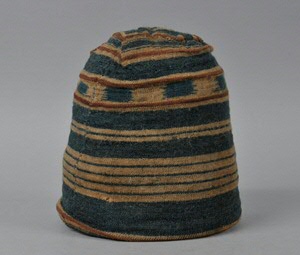
A whaler’s cap
Louwrens Hacquebord found the cap on Spitsbergen. To the Dutch whalers who lived on Spitbergen in the 17th and 18th centuries, these caps were part of their identity and a way to recognize each other. At the same time, they were also fashion-conscious, often choosing cheaper versions of the latest fashion items. Find out more about this topic in Sandra Comis’ PhD thesis .
How cold was it?
How cold was it last night? This is a question that many people ask when they get up in the morning, especially in winter. But what are actually the lowest recorded temperatures in Europe? The UG Geodienst is creating various maps on the basis of available geographic sources. These maps include the official national cold records of European countries. They are also suitable for a party game on a cold winter’s evening...
